33 Facts About German Schools (all about the German education system)
Did you know that school is only mandatory from the age of 6 in Germany? Or that there are various high school options German students can choose from?
Discover more thanks to these 33 interesting facts about German schools! 🇩🇪 🎓
The Best Facts About Schools in Germany
Germany is a country located in Central Europe. It has an important heritage and a singular culture, and its capital city is Berlin, which has a bit less than 3,750,000 inhabitants.
An interesting part of the country that I wanted to tackle is its education. In light of that, I have listed my best facts about German schooling, and I hope you will love them:
1. Preschool education is not compulsory and it is supervised by each “Land” in Germany
Germany is a federal state, made of sixteen states, or “Länder”. Each of these has a State Youth Welfare Office that supervises German preschool education.
Speaking of which, early childhood education is not compulsory in Germany, and it is for children aged 0 to 6.

2. Most of the institutions of preschool education in Germany are private
The vast majority of institutions providing early childhood services, like day-care centers, kindergarten, and child-minding centers are privately-run in Germany.
Some services are still offered to non-public organizations, like parent’s associations and churches. Also, Germans are very careful to not leave any uneducated area in the country, so if there is a lack of private day-care centers, local authorities will offer preschool education services.
3. The main mission of German preschool education is communication
For children under the age of 3, the main mission of German preschools is to teach them communication skills with other kids, and adults as well. On top of that, they also develop their language skills, via finger plays, singing, pictured books, and instruments.
4. Children in German preschools already learn lots of different things
The core values of German preschool education are already very large and various. Children learn foreign languages, personal development, mathematics, nature, and health among other things, at the young age of 2.
The main learning methods for these kids are self-organized learning, creative learning, and experimental activities.
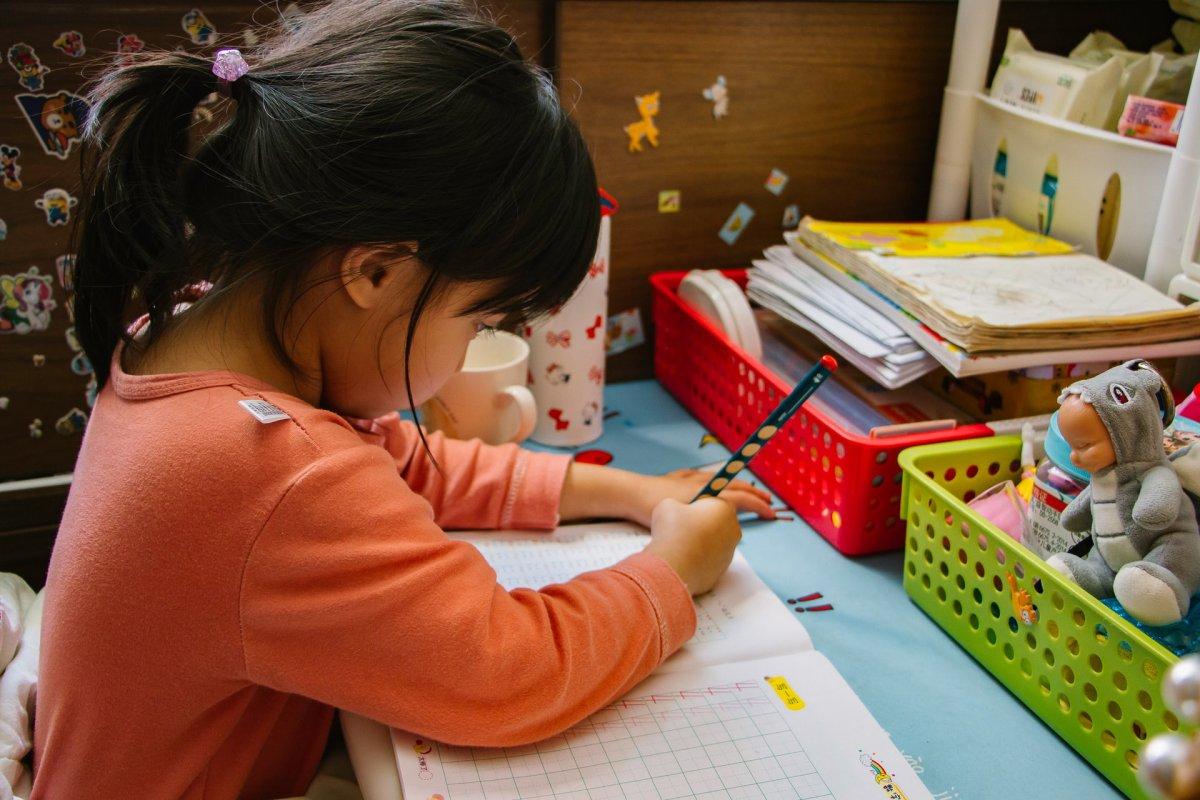
5. Children are not assessed at the end of preschool but they still need to be ready for later
While this might sound obvious, there is no real assessment at the end of preschool to determine if a kid is ready to carry on to compulsory education.
Instead, educators constantly supervise children, and regularly meet with parents to keep them updated, before deciding together on what’s best for the future of the kids.
6. Kids who are not ready to begin compulsory school studies in Germany are taken care of
For children aged 6, so children who reached the compulsory school attendance age, but who do not have the necessary skills to do so, there are alternative options: special schools offered by “Länder”, or a preliminary class.
This is mainly for children with disabilities or in need of special education.
7. German education is mandatory for children aged 6
German children have to attend school for either 9 or 10 years, depending if they are doing full-time schooling or not.
This goes for every child aged at least 6, and if any of them fail to attend full-time classes, they need to attend part-time left-aside classes (for upper secondary education).
8. Even disabled kids need to complete compulsory education
No one is left apart in Germany. Even disabled youngsters have no choice but to complete their compulsory education, just like any other child.
They are of course taught in specific schools depending on their needs though, and have special exams, lessons, and facilities.
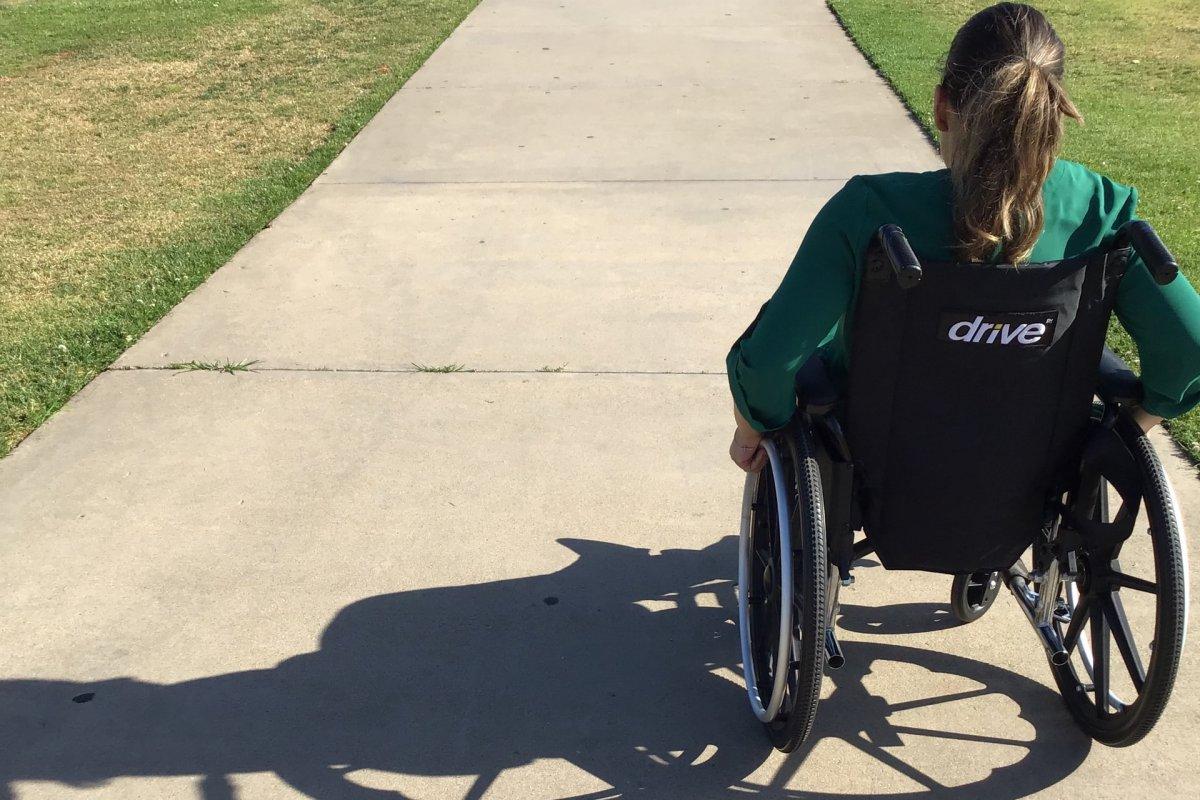
9. Just like preschool education, primary education is filled with lots of different subjects in Germany
German children learn a lot of different subjects in primary school.
The main ones are language, mathematics, foreign language, art, music, sports, religion, and ethics. Students are always encouraged to take part in other projects in the school as well.
10. Germany also has vocational primary schools
This is quite rare, but in Germany, children can attend vocational schools even at a young age. There, they will attend a specific module on top of the classic academic education.
For instance, there is a school for circus children, or “Schule für Circuskinder”!
11. Grades go from 1 to 6 in Germany… but 1 is the best
German grades are weird if you are not used to them. They range from 1 to 6, but 1 is very good and 6 is very poor.
These grades only matter starting from grade 2, because children are automatically transferred from grade 1 to grade 2, no matter their skills.
12. From grade 2 onwards, children need to have decent grades to carry on
In Germany, pupils who want to pass each grade need to have decent grades. If they have not attained the level of knowledge they are supposed to have, they need to repeat the grade once more.
While this is quite rare, it is still a way for German schools to make sure everyone probably learns every skill.
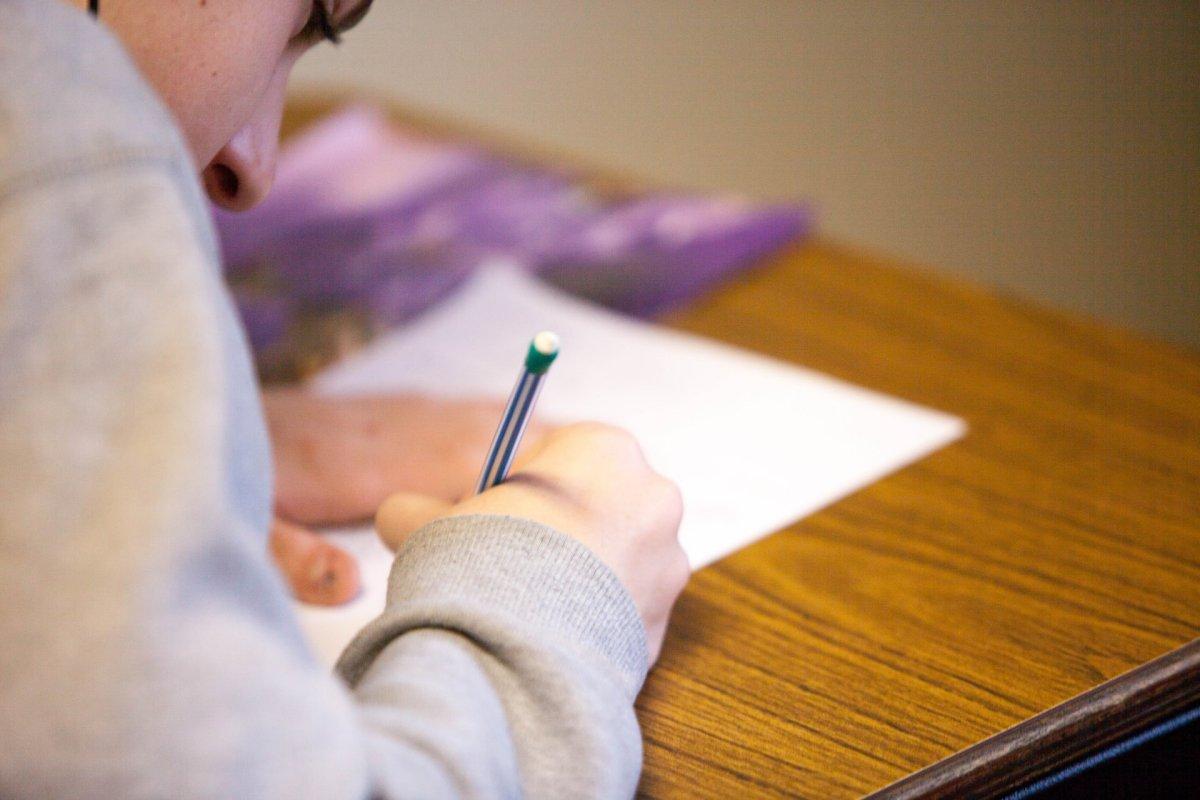
13. There is no examination at the end of German primary education
Primary school ends with… not much in Germany. There are no examinations, and therefore no school certificates are issued (except in certain “Länder”, like Baden-Württemberg).
If children reach the target outcomes of primary school, which for the most part they do, they can be issued an annual report of their studies.
14. Secondary education comes in many, many forms in Germany
Germany offers secondary education in both public and private institutions.
But there are a lot of different schools: 3 types of high schools, schools with more than one study course, 5 types of vocational schools and 2 types of private secondary schools.
15. Germany’s main high schools issue specialized qualifications in one area
The main academic path is high school in Germany. Though there are some schools with 2 to 3 different study subjects, the majority of students attend either “Gymnasium”, “Hauptschule” or “Realschule”.
Each of these has different purposes, but together they are the public, general and academic education path of Germany.
16. “Gymnasium” is what most German students choose for their secondary education
“Gymnasium” is the equivalent of high school. It is the path that the vast majority of German pupils choose for their secondary education.
This institution provides in-depth general education and best prepares students for universities. It covers grades 5 to 12 or 13, and it is ended with the diploma of “Abitur”.
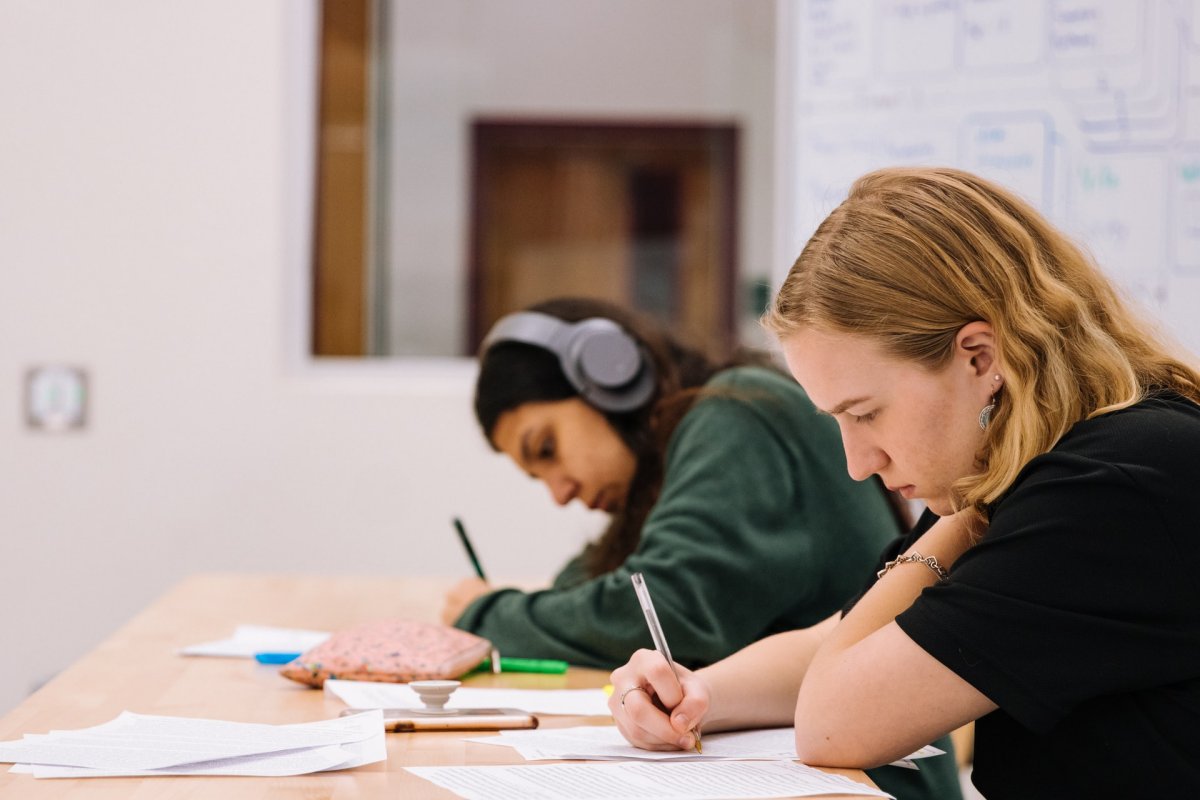
17. The other options for German secondary education students are “Hauptschule” and “Realschule”
The two other options for specialized studies in one specific area are “Hauptschule” and “Realschule”.
The first one is dedicated to teaching basic general education, and it leads to either a vocational or a university entrance qualification. The second one offers more extensive education, leading to the same paths.
18. “Fachoberschule” is the first type of vocational schools in Germany
“Fachoberschule” is a secondary school dedicated to preparing students to enter a university of applied sciences. The education there lasts for 2 years, and it leads to a certificate, called “Mittlerer Schulabschluss”.
In some places, there is a grade 13, and upon completion, students can receive another diploma.
19. “Berufsoberschule” is the second type of vocational schools in Germany
“Berufsoberschule” is dedicated to assessing students’ vocational skills, and it leads to a vocational qualification, or “Abitur” if students can prove they master a second foreign language.
There, students can also attend a specific course, giving them a double qualification: vocational and academic.
20. “Berufsfachschule”, “Berufsschule” and “Berufliches Gymnasium” are the last types of vocational schools in Germany
The last three types of German vocational schools are “Berufsfachschule”, “Berufsschule” and “Berufliches Gymnasium”.
Each of these is quite specific and aims at developing vocational skills, sometimes very specific jobs. All of them continuously combine education and training at the same time, with a very well-established dual system.
21. Private secondary schools in Germany are either alternative or complementary
Finally, the last type of German secondary schools are private schools.
The first ones are called “Ersatzschulen”, and they provide the same lessons as public secondary schools. The others are “Ergänzungsschulen”, aiming at teaching additional courses, on top of the ones already taught in public schools.

And that is it for the best 21 interesting facts about Germany school system…. Wait, did I say 21? Oh yes, because there are 12 more of them, coming right up:
More School in Germany Facts
There are so many things to say about the education system in Germany that I just could not stop after only 21 facts.
Here, have 12 more school in Germany facts:
22. Higher education institutions are very independent in Germany
The good thing about higher education is that, in most countries, it is vastly independent. This is also the case in Germany, where each institution gets to independently manage its own teaching activity and research.
They still have to go along with the “Land”’s ministry for administrative issues though.
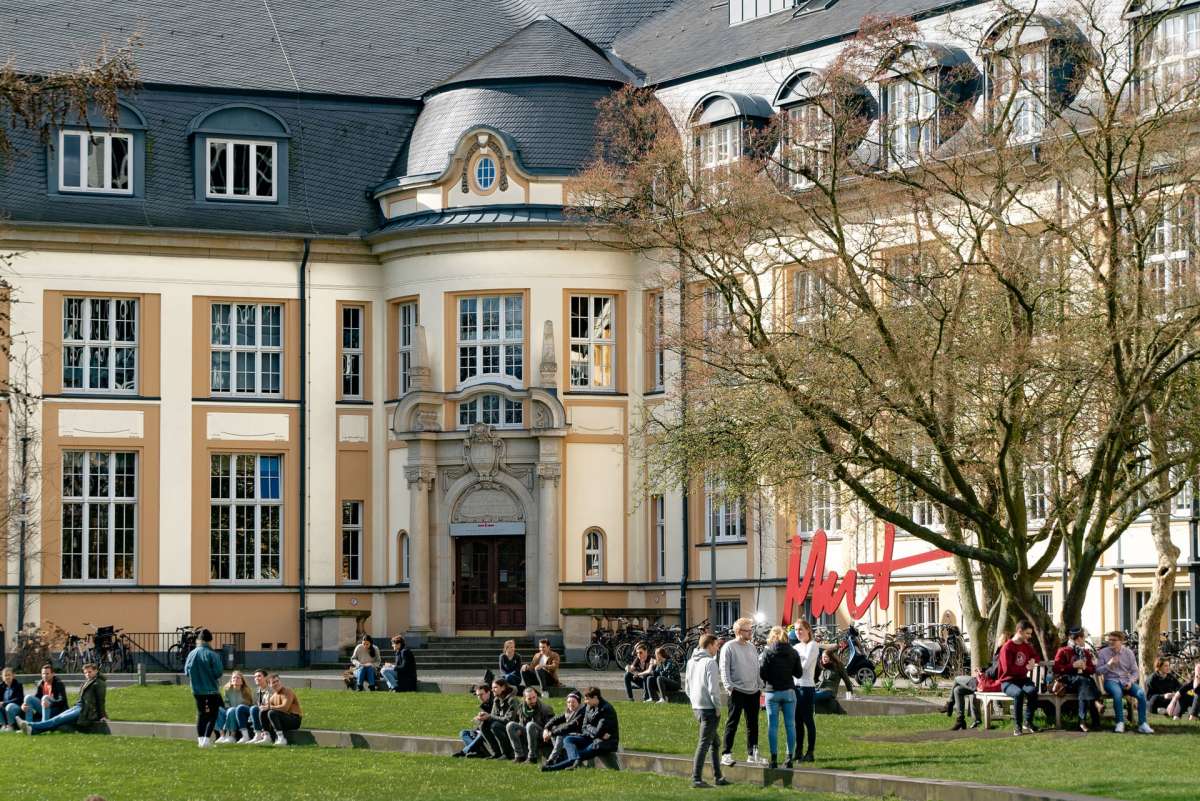
23. There are nine types of recognized higher education institutions in Germany
Just like secondary education, tertiary education is quite complex in Germany.
In fact, there are nine possible institutions for students to choose from: universities, technical universities, pedagogical colleges, universities of applied sciences, art and music colleges, institutions for the army, dual studies institutions, theological colleges and institutions of continuing vocational education.
24. German universities are specialized in a wide range of study courses
There are tons of possibilities when it comes to German universities. The study courses are vast and varied, and there are also equal institutions, dedicated to more specific subjects, like engineering, theology, and pedagogy.
Both of these can award Ph.D. titles though, and they can offer scientific research study programs.
25. German colleges of art and music are specialized in training artists, musicians, and teachers
Obviously, German colleges of art and music are dedicated to… future artists and musicians.
But there is more than that, as teachers of either art or music also study there, and the study courses differ a lot from one college to another: some teach everything, some are more specialized.
26. German universities of applied sciences are specialized in practically-oriented programs
German universities of applied sciences, or “Fachhochschulen”, specialize in practically-oriented programs which are adapted to the labor market needs. While some of them are publicly funded, they are mainly self-sustained.
There is a paid practical training in these schools, so students get to discover the labor market earlier on.

27. The first German higher education qualification is the Bachelor’s degree
A Bachelor’s program most of the time lasts for 6 semesters, or 3 years, in Germany.
Sometimes, it can last for an additional semester in universities of applied sciences because of the addition of practical work. In colleges of art and music, this lasts for 4 years, and in institutions of continuing vocational education, 2 years.
28. German universities are recognized for providing tons of different study courses
Not only are there lots of different Bachelor titles, depending on the field of study, but there is also a very wide range of possible subjects.
Usually, the most general study courses offered by German universities and equivalent institutions are languages, law, mathematics, medicine, agronomy, and engineering sciences.
29. The second German higher education qualification is the Master’s degree
Students will need from 2 to 4 semesters to complete their German Master’s degree program. Most of the time, the period is 4 semesters though, or 2 years.
In order for students to be awarded their Master’s degree, they need to have enough credit points, awarded by each successfully completed class.
30. Depending on what institution you are in, you will be awarded a different Master’s degree in Germany
Whether students are in general universities, colleges of art and music, or universities of applied sciences, their Master’s degree titles will be different.
The first ones award arts, science, engineering, laws, and education degrees. The second category awards fine arts, arts, and music degrees. Finally, the last category awards arts, science, engineering, and law degrees.

31. The third German higher education qualification is the PhD degree
The last step in the German education system is the famous PhD degree.
Only the most successful students choose this path, and it is provided by universities in collaboration with research institutes. Because these studies are in-depth and individual, there is no standard period for completion.
32. The German doctoral studies are quite intense, but the reward is worth it
Having a PhD degree is, you have guessed it, far from easy.
PhD programs are very intense in Germany, and they are made of independent research as well as oral examinations. There are several ways to get a German PhD degree, like individual doctorate, international doctorate, or cooperative doctorate.
33. There is lifelong learning in Germany as well
Lifelong learning is quite famous in countries like Denmark or Finland. It is a way of adapting to the ever-changing needs of the labor market, and also simply learning more things.
This type of education exists in Germany as well, and it is provided by both municipal and private institutions.
So there you have them, these were all my 33 facts about the German school system. I hope you enjoyed them and that you learned something new today.
In case you want to learn more about the rest of the country’s education system, feel free to keep reading, as I still have lots of things to tell you about:
German School Hours
Let’s keep going with our next part, dedicated to German school hours. The typical school schedule in one country can often be very different from your own, and it’s always interesting to have more details on how students go on about their day.
Germany Primary School Schedule
Primary school is called “Grundschule” in German. It is made of mixed-ability classes, for children aged 6.
There are two primary school systems in Germany: either a 5-day school week with 188 days per year or a 6-day school week with 208 days per year (but only every other Saturday each month).
Courses range from 20 to 29 every week, and each of them lasts up to 45 minutes. In a single day, up to 6 courses are taught, so the average German school day lasts for 4 hours and a half at best. This means that there are no lessons past lunch, but rather outdoor activities and other projects.
There are 15 weeks of holidays per year.

German High School Schedule
Secondary school in Germany is separated into lower secondary level and upper secondary level in Germany.
The first one is for pupils aged 10 to 15, and the lessons are very general.
The second one is for students aged 15 to 18 who have of course completed their lower secondary level of education, and extends the courses range. Its goal is to prepare students for universities.
General Facts About Schooling in Germany
This last part is dedicated to general facts about schooling in Germany. More specifically, we’ll check 2 key figures that will give you a better understanding of the education level in Germany.
Enrollment in tertiary education for Germany: 61.06%
(Average for regions: Sub-Saharan Africa: 8.6% | South Asia: 20.8% | Arab States: 36.4% | East Asia: 36.5% | Latin America: 43.3% | Europe and Central Asia: 62% | North America: 84%)
Data from World Bank EdStats/UNESCO
Germany’s literacy rate: 99%
(Average for regions: Sub-Saharan Africa: 65.3% | South Asia: 72.9% | Arab States: 79.4% | Latin America: 93.7% | East Asia: 95.8% | Europe and Central Asia: 98.5%)
Data from World Bank EdStats/UNESCO
More Education Facts!
Did you like these Germany education facts? Do you want even more educational facts about other countries?
Check out these posts:
Or click here to see ALL the education facts up on the blog!
The Full List of 33 German School Facts
- Preschool education is not compulsory and it is supervised by each “Land” in Germany
- Most of the institutions of preschool education in Germany are private
- The main mission of German preschool education is communication
- Children in German preschools already learn lots of different things
- Children are not assessed at the end of preschool but they still need to be ready for later
- Kids who are not ready to begin compulsory school studies in Germany are taken care of
- German education is mandatory for children aged 6
- Even disabled kids need to complete compulsory education
- Just like preschool education, primary education is filled with lots of different subjects in Germany
- Germany also has vocational primary schools
- Grades go from 1 to 6 in Germany… but 1 is the best
- From grade 2 onwards, children need to have decent grades to carry on
- There is no examination at the end of German primary education
- Secondary education comes in many, many forms in Germany
- Germany’s main high schools issue specialized qualifications in one area
- “Gymnasium” is what most German students choose for their secondary education
- The other options for German secondary education students are “Hauptschule” and “Realschule”
- “Fachoberschule” is the first type of vocational schools in Germany
- “Berufsoberschule” is the second type of vocational schools in Germany
- “Berufsfachschule”, “Berufsschule” and “Berufliches Gymnasium” are the last types of vocational schools in Germany
- Private secondary schools in Germany are either alternative or complementary
- Higher education institutions are very independent in Germany
- There are nine types of recognized higher education institutions in Germany
- German universities are specialized in a wide range of study courses
- German colleges of art and music are specialized in training artists, musicians, and teachers
- German universities of applied sciences are specialized in practically-oriented programs
- The first German higher education qualification is the Bachelor’s degree
- German universities are recognized for providing tons of different study courses
- The second German higher education qualification is the Master’s degree
- Depending on what institution you are in, you will be awarded a different Master’s degree in Germany
- The third German higher education qualification is the PhD degree
- The German doctoral studies are quite intense, but the reward is worth it
- There is lifelong learning in Germany as well
Share the knowledge! Click on the buttons below to share these German school facts with your friends, and help them learn more about the world 🙂



